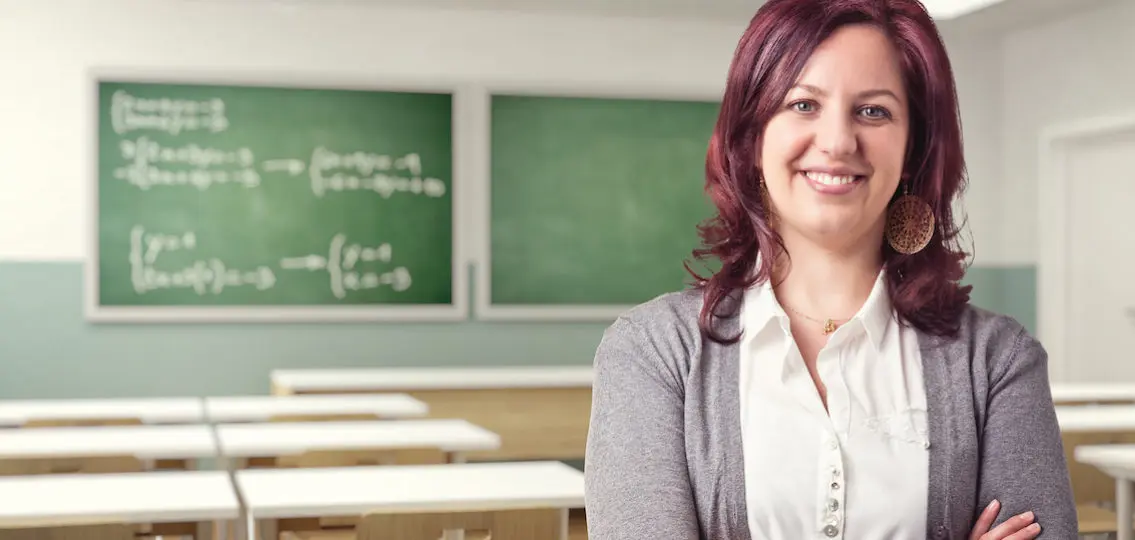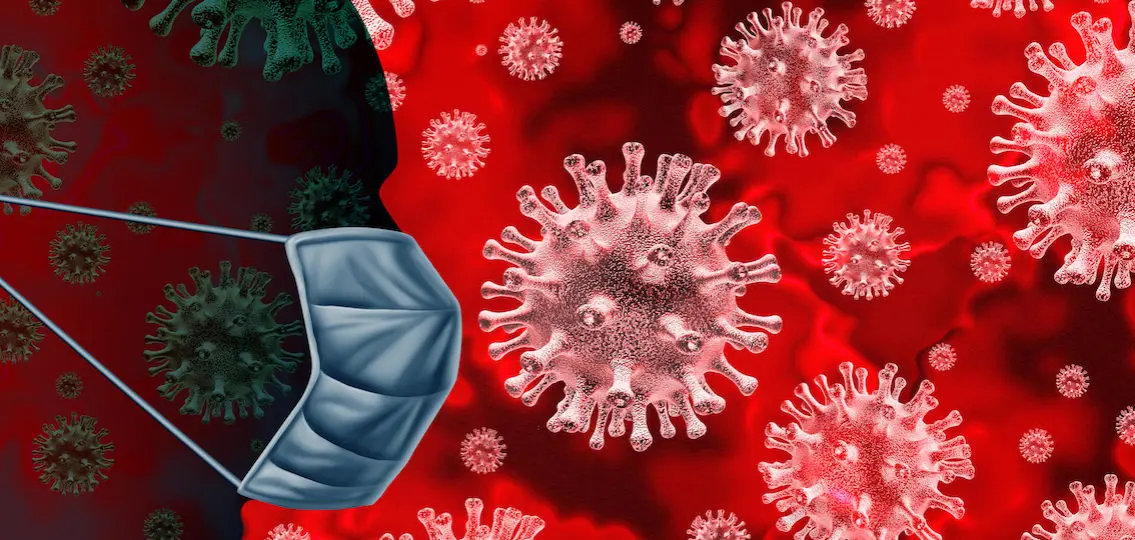Many of us are dealing with uncertainty and anxiety right now. How do we help our kids with their anxiety, when many adults also have their own worries to cope with? Your Teen asked Carolyn E. Ievers-Landis, PhD, CBSM, a licensed clinical psychologist at University Hospitals Rainbow Babies & Children’s Hospital in Cleveland, Ohio, for advice.
| [adrotate banner=”169″] |
Q: Everyone is anxious right now. How do we handle worrying about our own aging parents along with our kids’ anxiety?
Ievers-Landis: It may sound odd, but I am happy that people are taking it seriously. If you are anxious, pat yourself on the back because that means you’re taking it seriously and that’s a good thing. It is a protective mechanism that says something is happening and I need to take action and special precautions.
Q: How do we identify when it crosses over to an unhealthy anxiety?
Ievers-Landis: There are a lot of people turning to unhealthy ways of coping with uncertainty and fear. Many young adults partying right now and dealing with this by consuming alcohol and things like that. Parents need to be aware and kids need to think, “Do I feel I need to consume alcohol or party to numb this and deal with this anxiety?” That is extremely unhealthy and puts you more biologically at risk to get ill.
Q: How does risky behavior like drinking or smoking weed put a young person at risk right now?
Ievers-Landis: We don’t know how long this is going to last. Now is the time to focus on being healthy. We want our lungs to be as healthy as possible, so no smoking or vaping. We want our overall condition to be healthy so then if and when you do get it (and we all have a high likelihood at this point), you will fare well. Take this time to exercise inside, or outside safely, and really take care of your body. Do yoga, get on the treadmill, eat healthy as a family.
Q: How can we encourage our kids to stay mentally healthy? Should we encourage them to avoid reading news and social media?
Ievers-Landis: Information seeking is actually healthy right now and it’s better to be abreast of what is going on. I really want to focus on the thought of the common good because I think that is where everyone can rise up. Kids and teens are at a very low risk, but they can engage themselves in behaviors that will keep other people safe. I see people who are going on Spring Break trips or going to other countries now and I wonder why are you doing this. Yes, you are a young person, but you are going to bring back stuff that is harmful to others. Young people must think about their own morals and ethics and the ethics of their families. We are all thinking of the common good of the whole society. You are no longer just an individual, you are part of a greater whole. That is what I want kids to get.
Q: Many parents have teenagers dealing with significant disappointments. What parenting tips do you have?
Ievers-Landis: First, it is so important right now to think about kindness and how we talk to and treat each other. It is easy when people are upset and scared and start to panic, to yell at people, and get into arguments. We don’t know how long this is going to last or how long we are going to be all together. We need to get along and really make an effort to speak in kind ways.
In terms of disappointment, really think about how this is prioritizing everything in your life. What is more important, going on a trip that you can go on three months, six months from now—or having very important family members or people in your community still living? Which is more important? I think this is a time for honesty. What’s important is that we get through this. Who cares about how many sporting events or parties we don’t go? What is important is that as many of us as possible are here six months from now to enjoy each other still. Encourage young people to respond in a way where when they look back, they will feel good about themselves for the sacrifices they made and how they helped their family, how they were kind and pulled together, and supported one another.
Q: Our parents are at the highest risk. How do we deal with elderly parents who don’t like being told not to go out?
Ievers-Landis: I think that we can do what we can. We can tell them what we have read and heard. We know to go to the CDC or different sources, but I find more often than not, our parents do not have this information. In all honesty, they are adults and they are going to do what they are going to do and there isn’t much we can do. We want to preserve our relationships, so we don’t want to get in fights with them and argue and then have them succumb and that is our last memory. Offer information and to get supplies if you can, and then let them live their lives. It’s hard, though.
Q: What do you recommend for a teen who is highly anxious?
Ievers-Landis: Talk to them about what they are reading. Then you might suggest doing something else: making dinner, going outside for sunlight, try and get away for an hour or two or more. The most important thing to figure out, and this is really life or death, is whether your kid is thinking about self-harm. If your child is really upset or distressed or withdrawn, ask them if they are thinking of harming themselves. That is something you can’t come back from. If they say they are constantly thinking about it and can’t stop themselves, that is when you need to get them help immediately.
Q: As to how we parent, is this is an opportunity for our families to really band together?
Ievers-Landis: It’s also kind of a way of almost being equals. I still want authoritative parenting and having firm controls, but we are all in this together. I actually see this as an opportunity for real bonding together.





